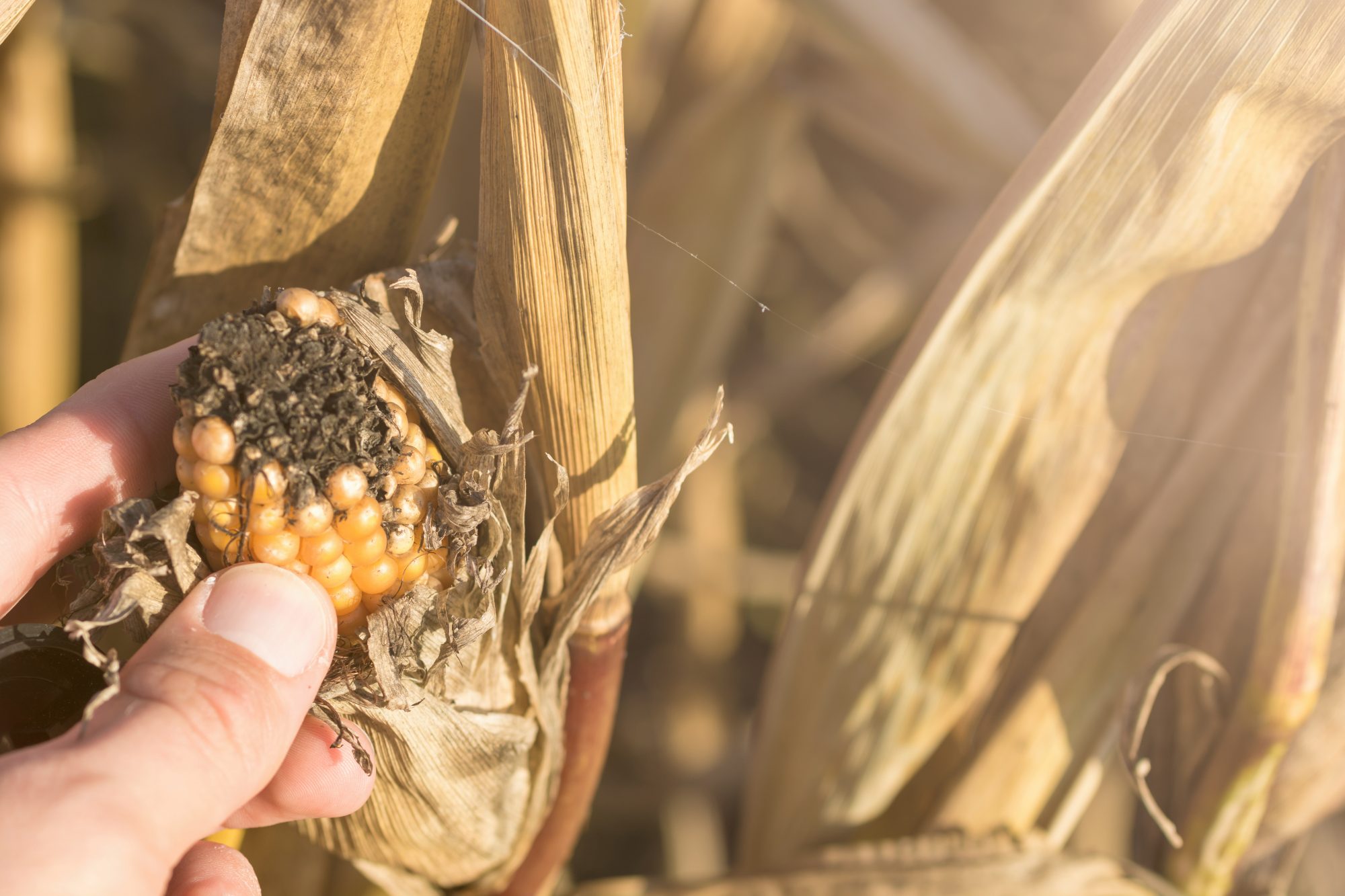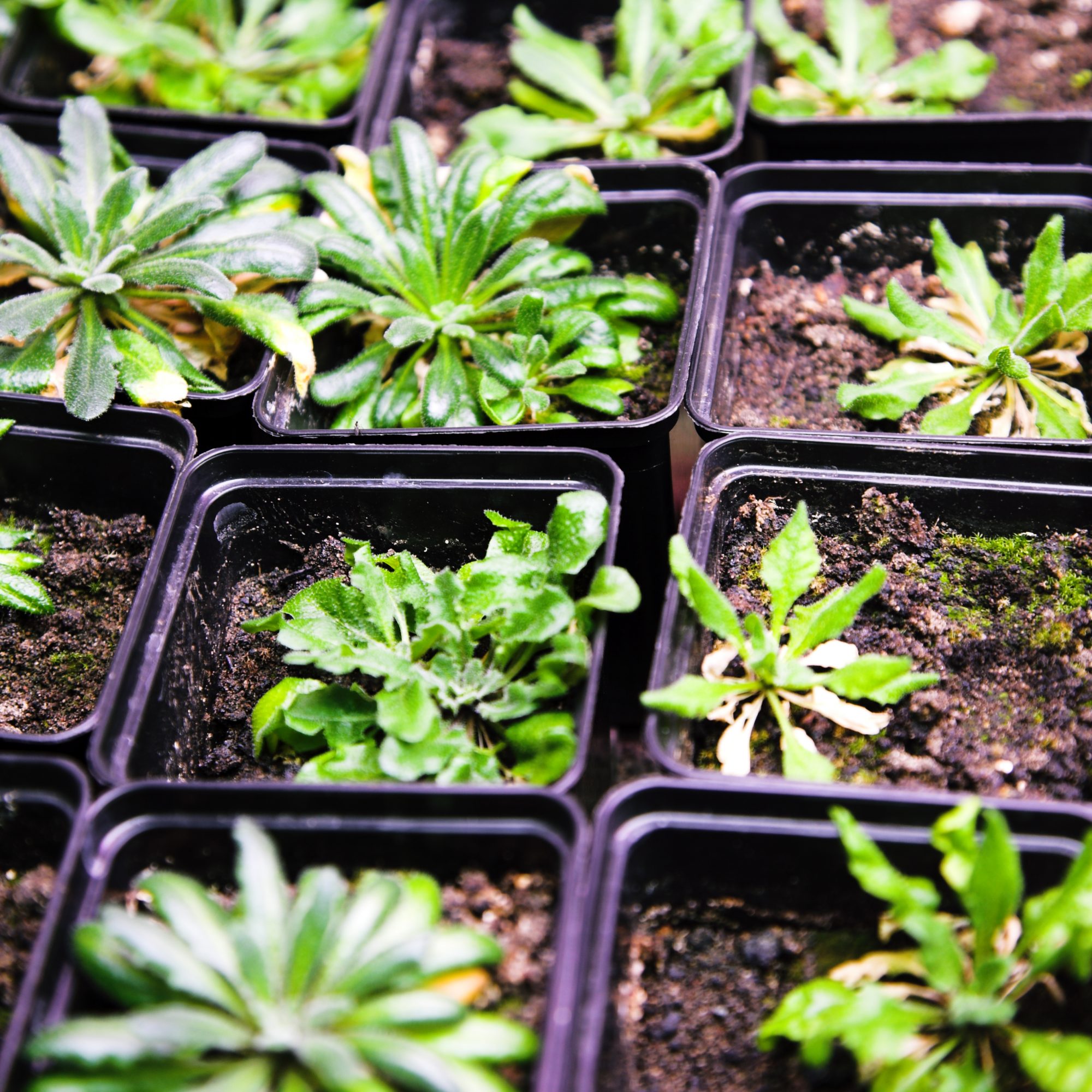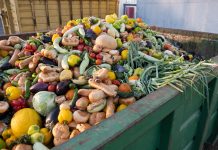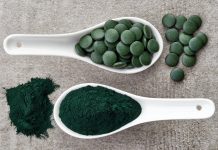With heatwaves across the globe, many are concerned about agriculture and dehydrated plants – it turns out plants produce their own aspirin
Plants produce aspirin, also known as salicylic acid, to protect themselves from a host of environmental hazards.
Insects, droughts and extreme heat all present significant dangers to plant life, but by producing salicylic acid, they are able to protect themselves.
The seminal paper, publihed in the journal Science Advances by UC Riverside scientists, may provide a new understanding of how plants regulate the production of salicylic acid. It could help scientists in their efforts to protect plants endangered by by climate change.

Understanding stress responses of plants
Using a model plant called Arabidopsis, researchers hope to apply their understanding of how plants produce aspirin in times of stress to many other kinds of plants, including those grown for food.
“We’d like to be able to use the gained knowledge to improve crop resistance,” said Jin-Zheng Wang, UCR plant geneticist and co-first author on the new study. “That will be crucial for the food supply in our increasingly hot, bright world.”
Environmental stress causes the formation of reactive oxygen species or ROS in all living organisms. This includes plants and humans. For example, without sunscreen on a hot day, human skin produces ROS, which causes freckles and burns. Similarly, high levels of ROS in plants are lethal.
What is key here is the amount of poison. At low levels, ROS have an important function in plant cells, but at a high level it can kill plants.
ROS are a double-edged sword
“At non-lethal levels, ROS are like an emergency call to action, enabling the production of protective hormones such as salicylic acid,” Wang explains. “ROS are a double-edged sword.”
Heatwaves and drought causes MEcPP
The study found that heat, unabated sunshine, or drought causes the sugar-making apparatus in plant cells to generate an initial alarm molecule known as MEcPP.
The researchers want to learn more about MEcPP. The molecule is also produced in organisms such as bacteria and malaria parasites.
It’s like plants use a painkiller for aches and pains, just like we do
Accumulation of MEcPP makes plants produce aspirin, which in turn begins a chain of protective actions in the cells.
“It’s like plants use a painkiller for aches and pains, just like we do,” said Wilhelmina van de Ven, UCR plant biologist and co-first study author.
The acid protects plants’ chloroplasts, which is where photosynthesis happens. Photosynthesis is the process of using light to convert water and carbon dioxide into sugars for energy.
“Because salicylic acid helps plants withstand stresses becoming more prevalent with climate change, being able to increase plants’ ability to produce it represents a step forward in challenging the impacts of climate change on everyday life,” said Katayoon Dehesh, senior paper author and UCR distinguished professor of molecular biochemistry.
“Those impacts go beyond our food. Plants clean our air by sequestering carbon dioxide, offer us shade, and provide habitat for numerous animals. The benefits of boosting their survival are exponential,” she concludes.











